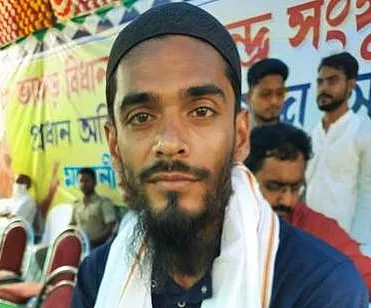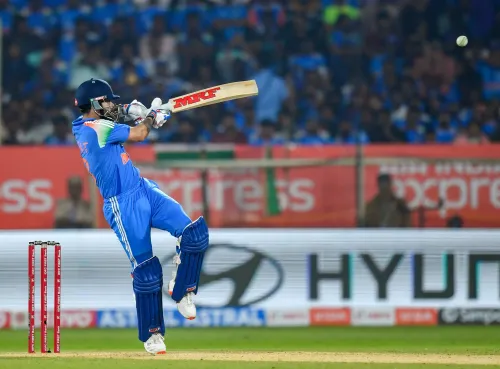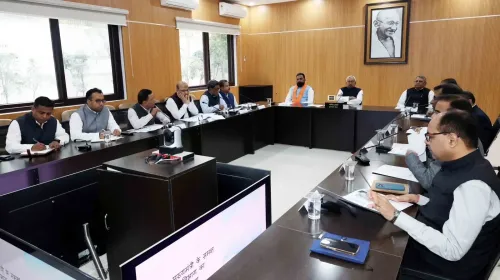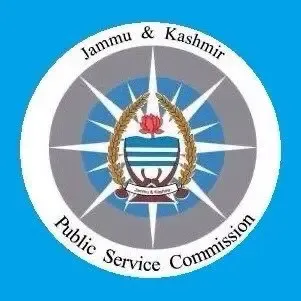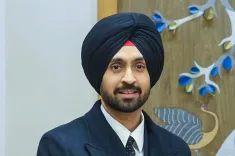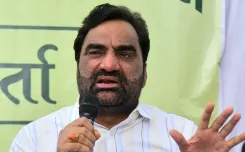Did the Bombay High Court Just Acquit 12 Convicts in the 2006 Mumbai Blasts?
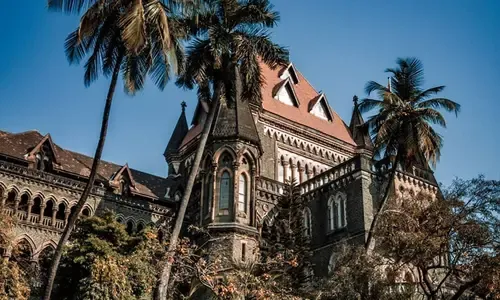
Synopsis
Key Takeaways
- The Bombay High Court acquitted 12 men convicted in the 2006 Mumbai blasts.
- This ruling raises serious questions about the validity of the evidence presented.
- The court nullified previous sentences of death and life imprisonment.
- The attacks caused significant loss of life and injuries.
- Transparency in investigations is crucial for public trust.
Mumbai, July 21 (NationPress) The Bombay High Court has acquitted all 12 individuals who were previously convicted by a lower court in connection with the 2006 Mumbai train bombings that tragically resulted in the loss of 189 lives and left over 800 injured.
This significant ruling was delivered by a bench comprising Justice Anil Kilor and Justice S. Chandak.
The High Court's decision represents a substantial setback for the investigative agencies involved. With this ruling, the sentences handed down by the special court have been nullified.
Out of a total of 13 defendants, one had already been acquitted by the special court. The High Court has mandated the immediate release of 12 individuals, five of whom were sentenced to death while the remaining seven faced life imprisonment.
The coordinated bombings in local trains across Mumbai claimed 189 lives and injured approximately 824. The explosions occurred within a brief span of 11 minutes, targeting trains between Churchgate and Borivali stations.
The explosives employed in these attacks included a combination of RDX and Ammonium Nitrate. The bombs were ingeniously concealed in seven pressure cookers and transported in bags. Forensic examinations confirmed the presence of these materials in the blast debris.
The attacks were orchestrated by Islamic militants allegedly supported by Pakistan. The bombings transpired during the evening rush hour, resulting in chaos as seven explosions ripped through the trains.
The Anti-Terrorism Squad (ATS) submitted a charge sheet in November 2006 under the Maharashtra Control of Organised Crime Act (MCOCA) and the Unlawful Activities (Prevention) Act (UAPA).
The prosecution maintained that the attacks were orchestrated by Pakistan's intelligence agency, ISI, with involvement from the militant organization Lashkar-e-Taiba and assistance from the banned group Students' Islamic Movement of India. However, the police's inability to present compelling evidence led to the acquittal of the 12 defendants after nearly 19 years in prison.
In 2015, a special court had convicted 12 individuals, sentencing five to death and the others to life imprisonment. The condemned included Faisal Sheikh, Asif Khan, Kamal Ansari, Ehtesham Siddiqui, and Naveed Khan who subsequently appealed their sentences in the High Court.
The defendants claimed that they were subjected to police brutality during interrogations, which prompted the Bombay High Court to scrutinize the Mumbai Police's investigation.
The state government had approached the High Court to affirm the death sentences issued by the special court. In the recent hearing, the 12 accused, from Yerwada, Nashik, Amravati, and Nagpur jails, appeared via video link. Following the verdict, the men expressed their relief and joy.
Justice Kilor, leading the bench, stated, “It is unsafe to conclude that the accused have committed the offences for which they were convicted. Consequently, the convictions and sentences are quashed and set aside.”


